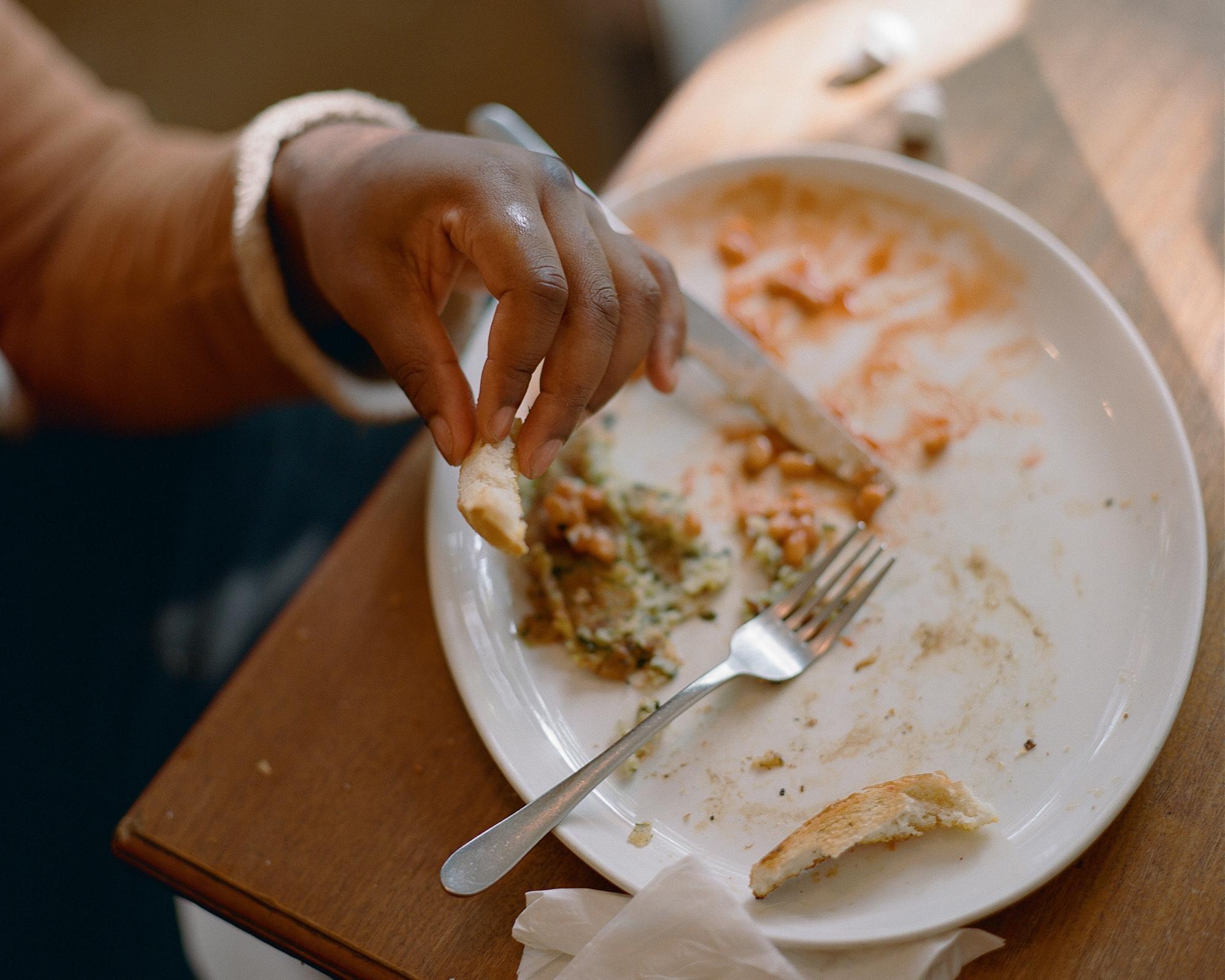Briefing for November 2017 Budget: Incomes not keeping up with prices
This briefing looks at how the living standards of ordinary working families are being eroded.
Incomes are not keeping up with prices. The benefits freeze in summer 2015 froze most benefits for working-age people for four years, from 2016/17 to 2019/20. This included benefits to top-up low earnings and out-of work-benefits, and follows a period when rises were capped at 1%. This welfare freeze has come at a time of rising prices of essentials and stagnation of average earnings.
Recommendations
The November 2017 Budget must ensure the incomes of the least well-off keep pace with the cost of essentials by removing the freeze and uprating income-related benefits with CPI from April 2018, and the local housing allowance with local rents.
Key points
- Almost half a million additional people are likely to be in poverty by 2020/21 as a result of the four year freeze on benefits that began in 2016/17. It is the biggest policy driver behind the expected rise in poverty.
- Higher than forecast inflation means the hit to low-income families – and gain to the Treasury - will be an estimated £0.9bn more than the £4bn originally expected from this cut in 2020/21.
- JRF recommends removing the freeze on income-related benefits and uprating them with CPI inflation from 2018/19. This would result in 380,000 fewer people in poverty in 2020/21; some 9 in 10 would be in families with children and 17 in 20 would be working families. It would cost an estimated £2.8bn in 2020/21
- Uprating just the child related elements of Universal Credit from 2018/9 would cost around £1bn in 2020/21 and result in 100,000 fewer people in poverty that year.
- Uprating the Local Housing Allowance with local rents would help the 4.7million people living in the private rented sector who experience poverty after paying housing costs.
- Unfreezing benefits is a more effective way to help low-income families than increasing the personal tax allowance (PTA). The planned PTA should be delayed or cancelled - only £1 in every £6 spent on this policy goes to the bottom half of the income distribution.

This briefing is part of the cost of living topic.
Find out more about our work in this area.
